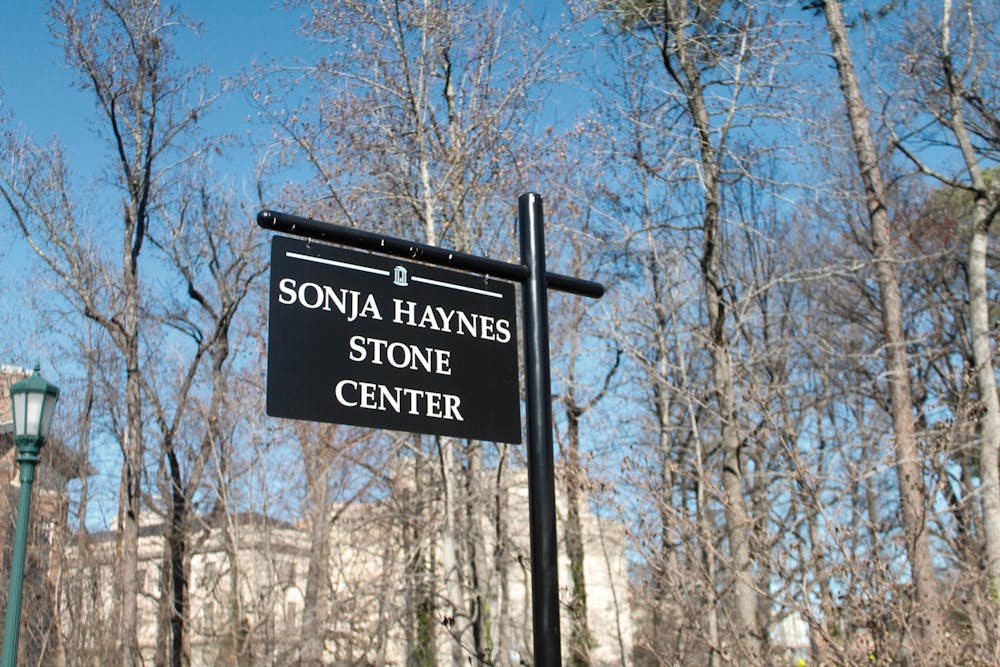Charles E. Cobb worked to organize rural communities for the Student Non-Violent Coordinating Committee during the Civil Rights movement. And now, 50 years later, the lessons he learned then can help organizers continuing the fight for racial justice.
To celebrate Black History Month, the University is continuing its tradition of hosting a lecture to recognize and celebrate the historical contributions of Black Americans. On Feb. 23, the Sonja Haynes Stone Center for Black Culture and History will host Cobb, an author, journalist and activist, over Zoom for this year’s African American History Month Lecture. Cobb plans to talk about his organizing experience to explain how those experiences relate to the work of modern civil rights organizers.
Cobb said he hopes his lecture will help students and activists working on modern civil rights issues connect their efforts to his experiences organizing for SNCC in Mississippi during the 1960s.
“We see what they’re doing as a continuation of what we were doing,” Cobb said.
Cobb said that while he hopes to recapture for younger audiences the tradition of community organizing, he does not believe he’ll be able to cover the topic completely.
“In a 45-minute lecture, I cannot comprehensively present every detail of a movement,” Cobb said. “So I will, at some point, steer people toward the SNCC Digital Gateway.”
The SNCC Digital Gateway is an online archive created by the collaboration of the SNCC Legacy Project and Duke University. According to its website, the SNCC Digital Gateway “tells the story of how young activists in SNCC united with local people in the Deep South to build a grassroots movement for change.”
Joseph Jordan, director of the Stone Center, said the annual lecture is a University-wide event that was originally established by the UNC History department. He said the Stone Center has been trying to form a committee with a charge from the chancellor to oversee and garner support for the event.
Chancellor Kevin Guskiewicz said in a statement that he believes Cobb’s experiences as an activist and journalist can offer unique perspectives on current social issues.



